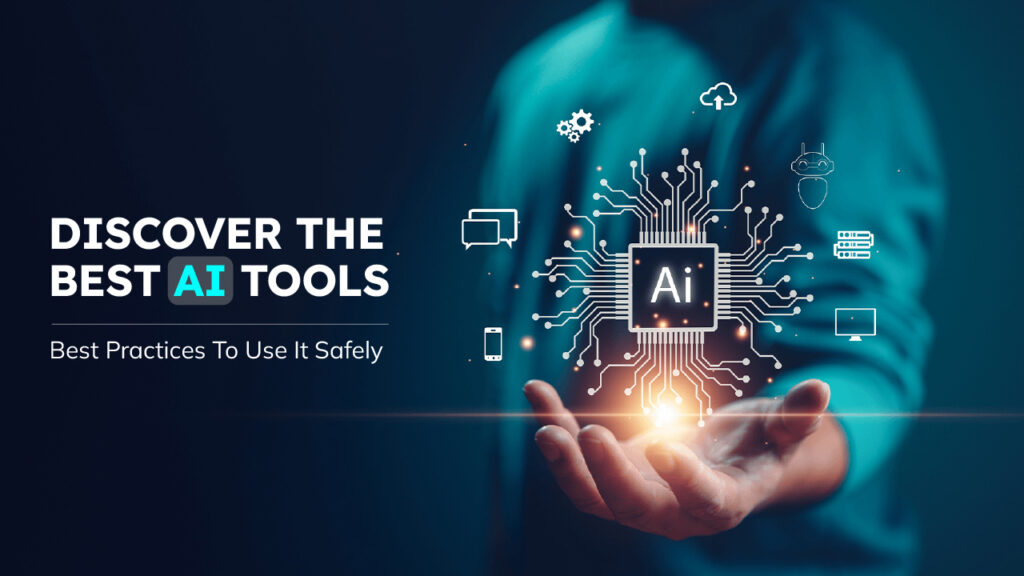Exploring AI Tools: Revolutionizing Work and Creativity

Artificial Intelligence (AI) has transitioned from a futuristic concept to an integral part of our daily lives. From virtual assistants to sophisticated machine learning algorithms, AI tools are transforming how we work, create, and interact. This article delves into various AI tools, their applications, and the impact they have on different industries.
What Are AI Tools?
AI tools are software applications powered by artificial intelligence technologies Ai Tools that automate processes, analyze data, and enhance decision-making. These tools can be categorized into several types based on their functionality, including:
- Natural Language Processing (NLP) Tools: These tools allow machines to understand and interpret human language. Examples include chatbots, sentiment analysis tools, and language translation services.
- Machine Learning Platforms: These tools enable organizations to build predictive models by analyzing historical data. They are widely used in finance, healthcare, and marketing for tasks like fraud detection and customer segmentation.
- Computer Vision Tools: These AI tools analyze and interpret visual information from the world, such as images and videos. They are used in applications ranging from facial recognition to autonomous vehicles.
- Robotic Process Automation (RPA): RPA tools automate repetitive tasks, such as data entry and invoice processing, enhancing efficiency and reducing human error.
- Generative AI Tools: These tools can create new content, such as images, text, and music, by learning patterns from existing data. Notable examples include GPT-3 for text generation and DALL-E for image creation.
Applications of AI Tools
The versatility of AI tools means they find applications across various sectors:
1. Healthcare
AI tools are revolutionizing healthcare by improving diagnostics, personalizing treatment, and optimizing operations. For instance, machine learning algorithms analyze medical images to detect anomalies, while chatbots assist in triaging patient queries.
2. Marketing and Sales
In marketing, AI tools help analyze consumer behavior, enabling businesses to create targeted campaigns. Predictive analytics can forecast sales trends, while chatbots enhance customer engagement and support.
3. Finance
In finance, AI tools are used for risk assessment, fraud detection, and algorithmic trading. Machine learning models analyze vast amounts of data to identify patterns and inform investment strategies.
4. Education
AI tools personalize learning experiences by adapting content to individual student needs. Intelligent tutoring systems provide tailored feedback, while data analytics track student performance and outcomes.
5. Content Creation
Generative AI tools like GPT-3 and DALL-E empower creators to generate unique content efficiently. Writers can brainstorm ideas, while designers can create stunning visuals, streamlining the creative process.
The Impact of AI Tools
The impact of AI tools is profound, bringing both opportunities and challenges:
Opportunities
- Increased Efficiency: Automation of repetitive tasks frees up time for employees to focus on strategic activities.
- Enhanced Decision-Making: AI tools provide data-driven insights, leading to more informed decisions.
- Cost Savings: Businesses can reduce operational costs through automation and optimized processes.
Challenges
- Job Displacement: As AI tools automate tasks, there is concern over potential job losses, particularly in low-skilled positions.
- Ethical Concerns: The use of AI raises ethical issues related to privacy, bias, and accountability. Ensuring fair and transparent AI is crucial.
- Dependence on Technology: Over-reliance on AI tools may lead to diminished human skills in critical thinking and problem-solving.
Conclusion
AI tools are undeniably reshaping the landscape of work and creativity. Their ability to enhance efficiency, improve decision-making, and generate content is transforming industries and redefining the future of work. However, as we embrace these technologies, it is essential to address the ethical implications and ensure that AI serves humanity positively. The journey of integrating AI tools into our lives is just beginning, and the potential for innovation is boundless.